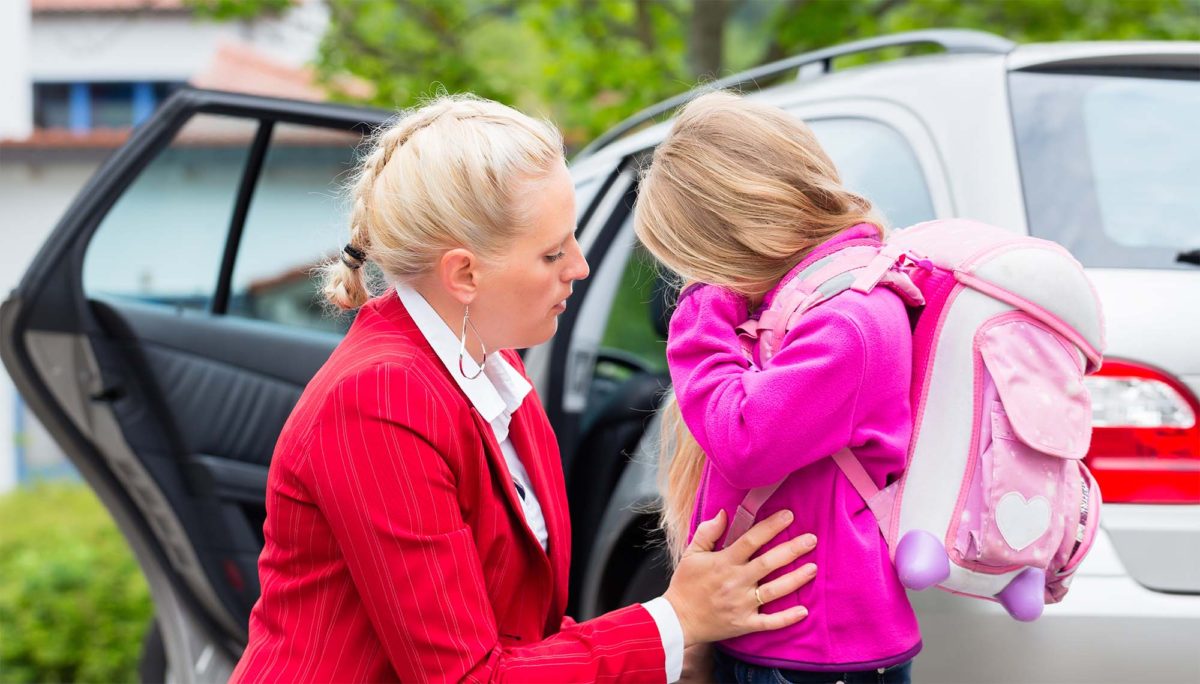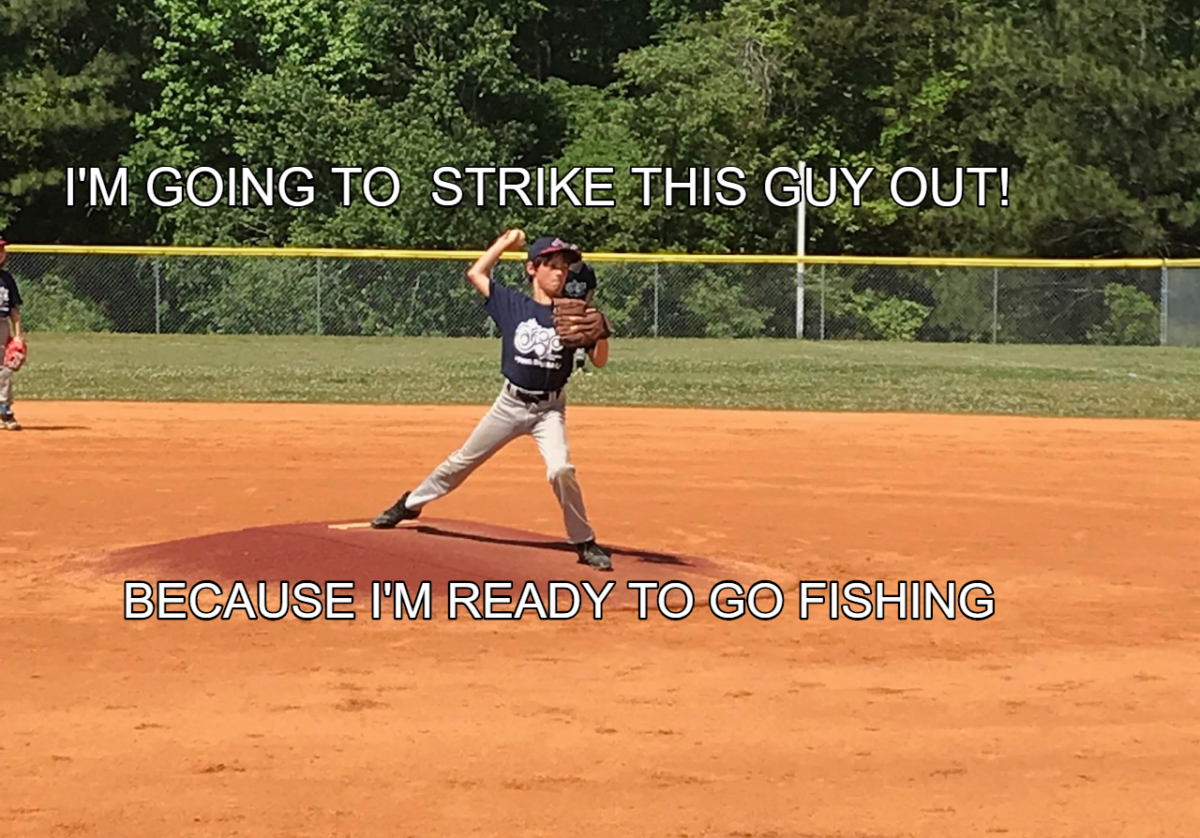Leon County schools restart this Monday, and as a pediatrician in Tallahassee, I am hearing than many children (and parents) are feeling the grip of anxiety. With so many changes, such as masks and new drop-off rules, it is appropriate to feel some level of anxiety. Here are a few tips to cope with the new changes and the new school year:
1. Talk to your child about the changes
If you haven’t already, talk to your child about the changes. Younger children (like elementary school) will need these in more concrete terms, while older elementary, middle, and high school children may want to discuss topics more deeply. Sometimes this discussion is easier over a snack or a meal.
For example, you might say to your first grader, “School is starting tomorrow. You are going to get to see friends and your new teacher. School is going to be a little different this year. Teachers and kids will be wearing masks, and you will need to have your temperature checked every morning, but after a few days, the new changes will start to feel normal. What do you think about that?”
(It is sad for our kids that this will be the new normal for a time.)
For younger kids, give them the facts, and then wait and see how much more they want to know (if any).
2. Validate worries
It is totally appropriate to feel anxiety about this new school year as there are so many changes. If your child expresses worries about the new year, validate their concerns before telling them they will be okay.
To a first grader, you could say, “Jennifer, you are right. It is normal to feel sad that your best friend won’t be at school this year. But you know what? We will try to arrange playdates with her outside, AND remember all the new friends you made last year at school?”
3. Plan some special rewards
Looking forward to something special after school can help your child make it through the day. Consider rewarding your child for the first few days of school with a joint activity that includes one-on-one parent time. Examples are baking, doing a puzzle, playing chess, exercising, or going out for ice cream.
4. Practice anxiety-forming activities
If your child voices concerns about new procedures, such as getting his or her temperature checked or school drop-off, then practice these with your child. Practice should be just playing a make-believe or pretend game.
For example, if you child is nervous about getting her temperature checked everyday, explain to him or her how it will happen. Then ask your child who would they like to be, the adult or the child? Then act it out a few times, maybe even trading places. You can do the same for school drop-offs and walking into the classroom.
5. Contact your school’s guidance counselor and/or pediatrician
If you have spoken to your child and practiced everything, and the anxiety or fear is just overwhelming, then I recommend speaking to your school’s guidance counselor or pediatrician for more help. Most schools can make exemptions for children who are significantly affected by anxiety. For example, the school may be able to provide a consistent person for car drop-off. Sometimes it may help to have a note or a call from your child’s pediatrician.
In general, going back to school is going to be beneficial for so many kids. The lack of social interaction has been very hard on children and their families. But for many kids, Monday is going to be a tough day. Some kids will not make it out of the car, AND THAT IS OKAY, just make sure and contact your school’s counselor and/or your pediatrician.
Good luck everyone! Message me with questions or comments!


